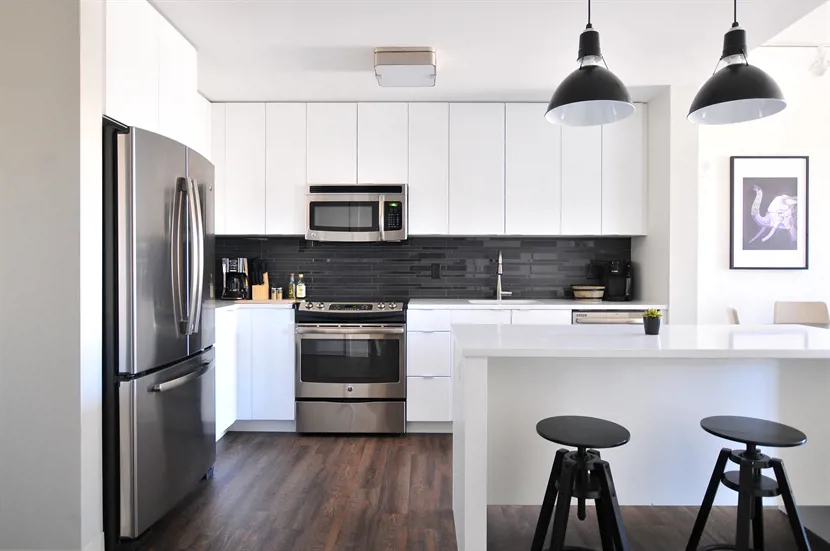How to Price a Rental Property

Accurately pricing your rental property is crucial for attracting tenants, optimizing your income, and ensuring a favorable return on investment. However, determining the optimal rental price can be a complex endeavor. In this comprehensive guide, we will provide you with the essential steps and factors to consider when pricing your rental property.
Understanding the Rental Market
Before establishing a rental price, it is essential to have a solid understanding of the rental market in your area. Conduct thorough research on current trends, rental rates, and factors influencing the market. Location, economic growth, supply and demand dynamics, among other factors, significantly impact rental property pricing. By staying informed about these market trends, you can position your property competitively.
Researching Comparable Properties
Researching comparable properties is a critical step in determining the appropriate rental price. Comparable properties are those that share similarities with your property in terms of size, location, amenities, and condition. Begin by identifying similar rental properties in your area using online platforms, real estate listings, and local property management companies. Compare their rental rates, features, and overall appeal to potential tenants. This research will provide you with valuable insights to set a competitive price for your property.
The Role of Location in Rental Pricing
The adage "Location, Location, Location" holds true in the realm of rental property pricing. Proximity to amenities such as schools, parks, shopping centers, and employment hubs can significantly influence rental prices. Properties situated in desirable neighborhoods with convenient access to these amenities command higher rental values. Take into account the attractiveness and convenience of the location when establishing your rental price.
Understanding the Property's Unique Features
Every property possesses unique features that set it apart from others. These distinctive attributes can have a substantial impact on the rental price. Consider luxury amenities, architectural details, recent renovations, or any other distinguishing characteristics of your property. Assess the added value these features bring and adjust the rental price accordingly. Highlight these unique features in your property listing to attract tenants willing to pay a premium.
Accounting for Property Expenses
To ensure a profitable rental property, it is essential to factor in all associated expenses. Calculate expenses such as mortgage payments, insurance, property taxes, maintenance, repairs, and any other costs incurred. These expenses should be incorporated into your rental pricing to ensure sufficient cash flow and a reasonable return on investment. By diligently accounting for expenses, you can establish a sustainable rental price.
Legal Considerations and Rent Control Laws
When determining the rental price, it is crucial to be aware of legal considerations and rent control laws applicable in your area. Familiarize yourself with local regulations regarding rental pricing, security deposits, eviction laws, and tenant rights. Understanding these laws will help you avoid potential legal issues and ensure compliance with regulations that impact your rental income.
The Impact of Property Condition and Upkeep
The condition of your rental property significantly influences its rental price. A well-maintained property with updated fixtures, appliances, and appealing aesthetics can command a higher rental value. Regular maintenance, timely repairs, and improvements not only enhance your property's value but also justify a higher rental price.
Consideration of Tenant Turnover and Vacancy Rates
Tenant turnover and vacancy rates can significantly impact rental income. High turnover and extended vacancy periods can lead to financial losses. Take these factors into account when establishing your rental price. If turnover rates or vacancy rates in your area are high, adjusting the rental price may be necessary to attract and retain tenants effectively.
Using Professional Property Appraisal Services
In certain situations, engaging the services of a professional property appraiser can be beneficial. A property appraiser provides an impartial assessment of your property's value based on various factors, including market conditions, comparable properties, and property condition. Engaging a professional appraiser can provide a solid foundation for setting an accurate rental price.
Pricing Adjustments and Regular Reviews
Rental property pricing is not a one-time decision. Regularly review and adjust your rental price based on market conditions, tenant feedback, and property performance. Conduct periodic reviews to ensure your rental price remains competitive and aligned with the market. Immediate reviews may be necessary in response to significant changes in market conditions or when the property is not attracting tenants as expected.
Conclusion
In conclusion, pricing your rental property accurately is a critical aspect of successful property management. By following the steps outlined in this comprehensive guide, you can make informed decisions based on market trends, property features, expenses, and legal considerations. Regularly reviewing and adjusting your rental price will help you remain competitive, attract quality tenants, and maximize your rental income. Take a systematic and informed approach to pricing your rental property to achieve long-term success.
- June 2023 (3)
